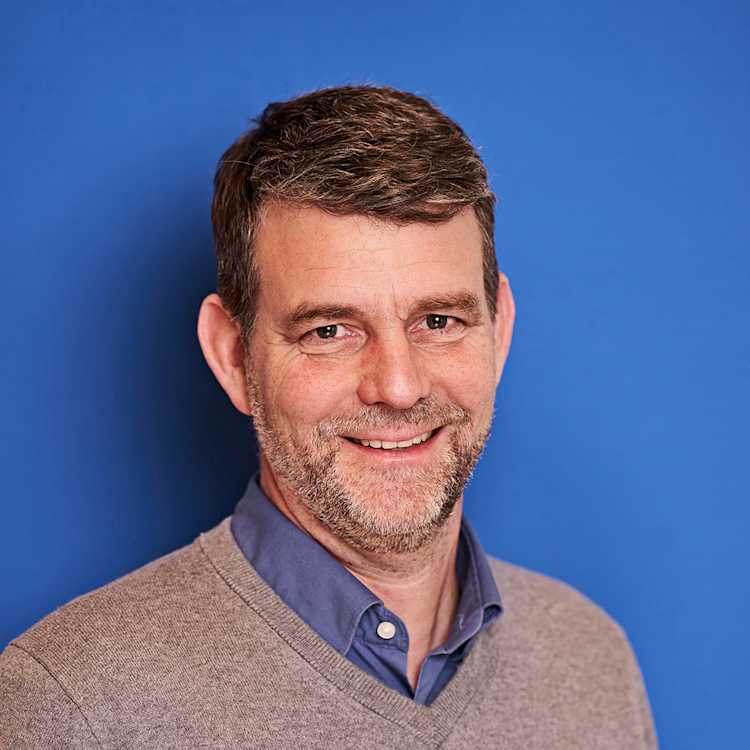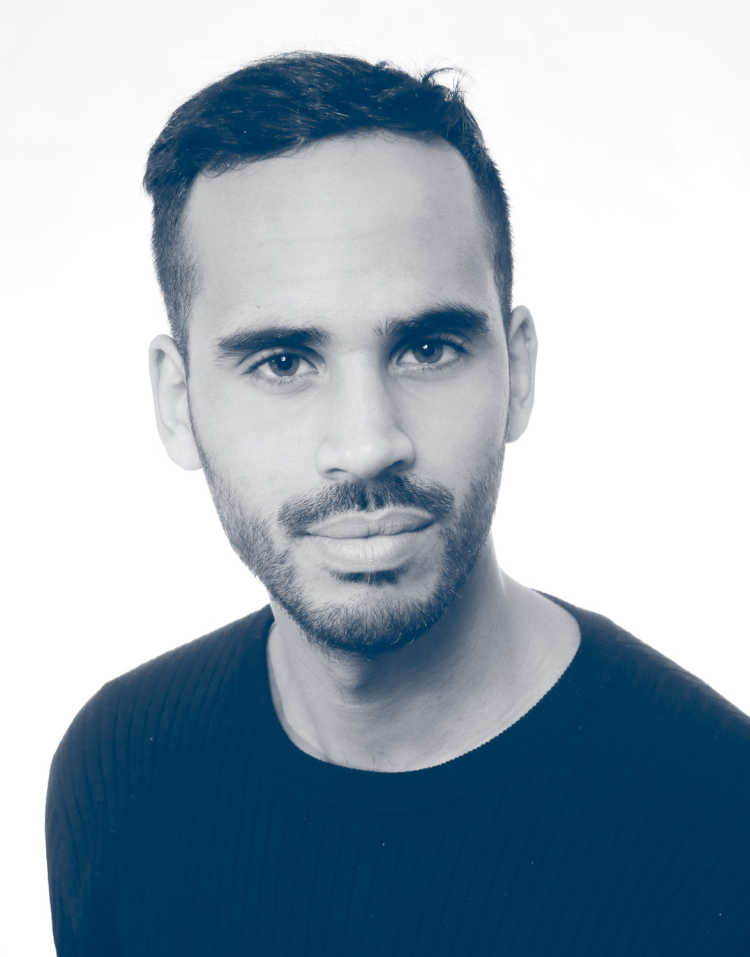- Startseite
- Veranstaltungen
- Konferenzen und Workshops
- PEGNet Conference 2021
Online-Konferenz
PEGNet Conference 2021
Towards Resilient Low-Carbon Economies: Climate Risks and Policies
Datum
22.03.2021 - 23.03.2021

The COVID-19 pandemic creates an acute crisis. It also highlights the need for international development cooperation to anticipate better the coming systemic challenge of climate change. Like the current pandemic, climate change is a risk multiplier: It increases risks, fragility, inequalities and the vulnerability of economies, in particular in the developing world. Responding to the challenges of climate change requires a comprehensive approach to transition towards resilient low-carbon economies. Achieving this transition requires an understanding of the socio-economic and socio-political factors that enable and constrain a “just transition“. Decarbonization policies and instruments have to consider the social and economic consequences and the corresponding political economy. They will have to be implemented pro-actively with a focus on disadvantaged people and those negatively affected. At the same time, prospective climate change impacts need to be better understood and anticipated, in particular their interaction with other socio-economic systemic failures, including fragility, poverty and vulnerability.
The PEGNet Conference 2021 will provide a platform for leading development scholars, practitioners and policy-makers to reflect on relevant topics in the field of development economics.
PhD Workshop
In addition to high-level dialogue and exchange of ideas, the two conference days will feature a workshop for PhD researchers from developing countries. The objective of the workshop is to facilitate exchange between PhD candidates or junior researchers from developing countries and senior researchers in the absence of the more fluid, in-person conference format. Participants will be matched with senior researchers from the Kiel Institute (IfW), the German Institute for Global and Area Studies (GIGA), and the Mercator Research Institute on Global Commons and Climate Change (MCC) in small groups to discuss their research. Senior researchers will serve as discussants and provide feedback on the papers submitted. The workshop will be scheduled on both days before the keynote sessions. The submissions do not have to address the conference theme but can be on any topic in the field of development economics.
Programme
Day 1 | 22 March 2021
Opening (2:45–3:00 p.m.)
Rainer Thiele (PEGNet)
Lucia De Carlo (Federal Ministry for Economic Cooperation and Development - BMZ)
Keynotes (3:00–4:00 p.m.)
Vikram Widge (Climate Policy Initiative) – An inclusive sustainable recovery as a model for financing the transition to a low-carbon world
Ottmar Edenhofer (PIK) – Mitigation & carbon pricing in developing countries (working title)
Moderator: Jann Lay (GIGA)
The keynotes will be followed by a Q&A.
Break (4:00–4:15 p.m.)
Session 1: Mitigation Policies in Developing Countries – Recent Evidence and Policy Implications (4:15–5:15 p.m.)
Jan Steckel (MCC) and Jann Lay (GIGA)
Isabella Alloisio (Energy and Climate Change Think Tank)
German David Romero Otálora (Ministry of Finance, Colombia)
Jörg Peters (RWI Essen)
Topics:
Mitigation efforts and development: Effectiveness, trade-offs, and distributional impacts.
Regional and country specificities, for example scope for redistribution, use of biomass, heterogeneity of energy systems.
Governance and political economy of mitigation policies.
Break (5:15–5:30 p.m.)
Session 2: Putting Just Transition Towards Low-Carbon development into Practice (5:30–6:30 p.m.)
Luis Calderón (CEO Solarvatio, Mexico)
Tasneem Esso (Founding Director of the Energy Democracy Initiative, RSA)
Phillip Gass (International Institute for Sustainable Development, IISD, Switzerland)
Moustapha Kamal Gueye (ILO)
Moderator: Götz von Stumpfeldt (GIZ)
Topics:
The role of innovation and technology competitiveness of renewables, green jobs.
Structural change, industrialization and green economy, employment and labour market, phasing out of coal, oil and gas.
Policies for a just and inclusive transition, decent work, poverty reduction and the role of the private sector.
Day 2 | 23 March 2021
Opening (2:45–3:00 p.m.)
Rainer Thiele (PEGNet)
Jürgen Keinhorst (Federal Ministry for the Environment, Nature Conservation and Nuclear Safety (BMU))
Junior Keynote (3:00–3:45 p.m.)
Meera Mahadevan (University of California) – How can poor countries transition towards cleaner sources of energy?
Moderator: Christine Merk (IfW Kiel)
Break (3:45–4:00 p.m.)
Evidence on climate change impacts – Parallel sessions (4:00–5:00 p.m.)
Session 3a: Migration, Climate & Conflict
Cristina Cattaneo (European Institute on Economics and the Environment)
Halvard Buhaug (Peace Research Institute in Oslo)
Michel Beine (University of Luxemburg)
Moderator: Claas Schneiderheinze (IfW Kiel) Topics:
Climate and environmental changes have both a direct impact on migration decisions and an indirect impact through their influence on conflicts.
Especially in less developed regions, they can cause and exacerbate conflicts and thus lead to hunger, terror and flight and potentially destabilize entire regions.
Negative consequences then also affect countries away from climate change hotspots (e.g. in Africa). There are very different estimates of the actual extent of these effects. The session is intended to provide some clarity here.
Session 3b: Climate Change and Health
Ina Danquah (University of Heidelberg)
Moses Kabangi (Ministry of Health, Department of Environmental Health, Uganda)
Moderator: Milena Baumert (PEGNet) Topics:
The WHO estimates at least 250.000 additional deaths/yr between 2030 and 2050 directly attributable to altered health conditions due to climate change.
The change of global weather and in particular extreme weather events affect human health directly (e.g. clean air, safe drinking water, crop production and secure shelter).
Areas fragile to the effects of global weather conditions paired with weak health infrastructure and low economic power, mainly developing countries, will likely be the most effected and the least able to respond.
Break (5:00–5:15 p.m.)
Session 4: Policies for Strengthening Resilience and Managing Risk (5:15–6:15 p.m.)
Daniel Thá (Kralingen Consulting (by Pro Adapta GIZ Brazil))
Sophie von Loeben (PIK)
Annett Grossmann (GWS)
Moderator: Sebastian Homm (GIZ) Topics:
Climate change will severely affect the economies of developing countries and will constrain the achievements of the Sustainable Development Goals that have been made so far. There is hence a growing need for economic analyses and policy instruments to respond appropriately to the impacts of climate change on sustainable development objectives. Extensive research programmes already exist on this topic, but in developing countries there are particular challenges. The session aims to present current methods and approaches to understand the risks climate change poses for economies in developing countries and how development planning can integrate these results. Contributions to the session should provide new insights on how to strengthen resilience and risk management of developing countries in the context of climate change.
Close of conference (6:15–6:30 p.m.)
Frauke Steglich (PEGNet)
Organisers
The conference is co-organised by the Deutsche Gesellschaft für International Zusammenarbeit (GIZ) GmbH, the Mercator Research Institute on Global Commons and Climate Change (MCC), the Poverty Reduction, Equity and Growth Network (PEGNet), and the German Institute for Global and Area Studies (GIGA) on behalf of the German Federal Ministry for Economic Cooperation and Development (BMZ) and supported by the KfW Development Bank.
Organisation
Adresse
Online event
Sprache
Englisch
Weitere Inhalte zum Thema
Das GIGA nimmt die Coronavirus-Situation sehr ernst. Alle unsere Veranstaltungen finden bis auf Weiteres ausschließlich im digitalen Raum statt und Team GIGA arbeitet von zuhause aus. Wir freuen uns, Ihnen ohne Einschränkung alle Produkte des GIGA anbieten zu können.




